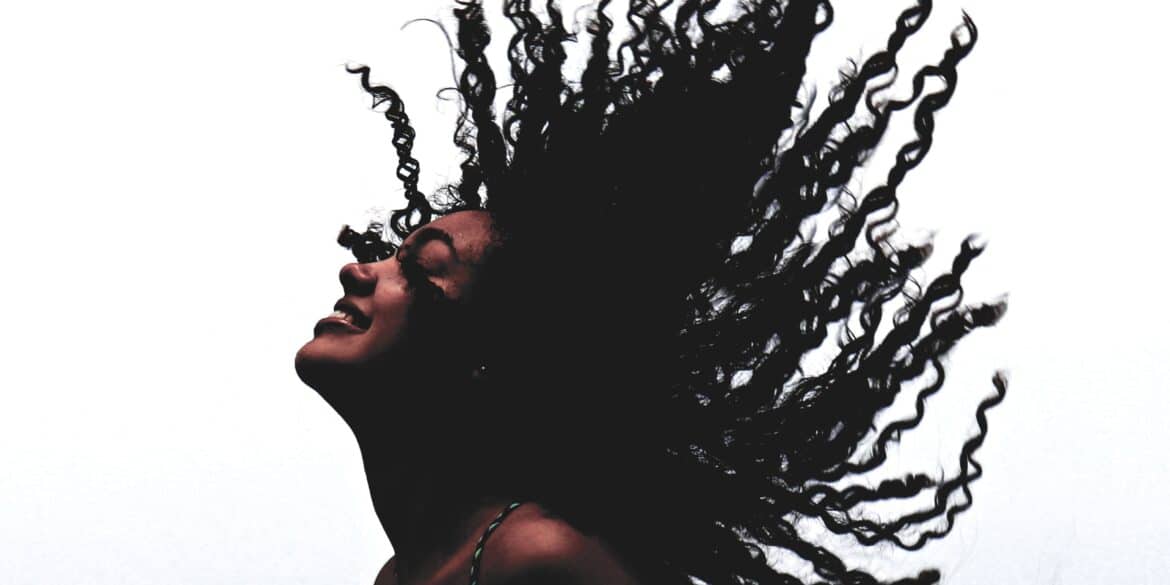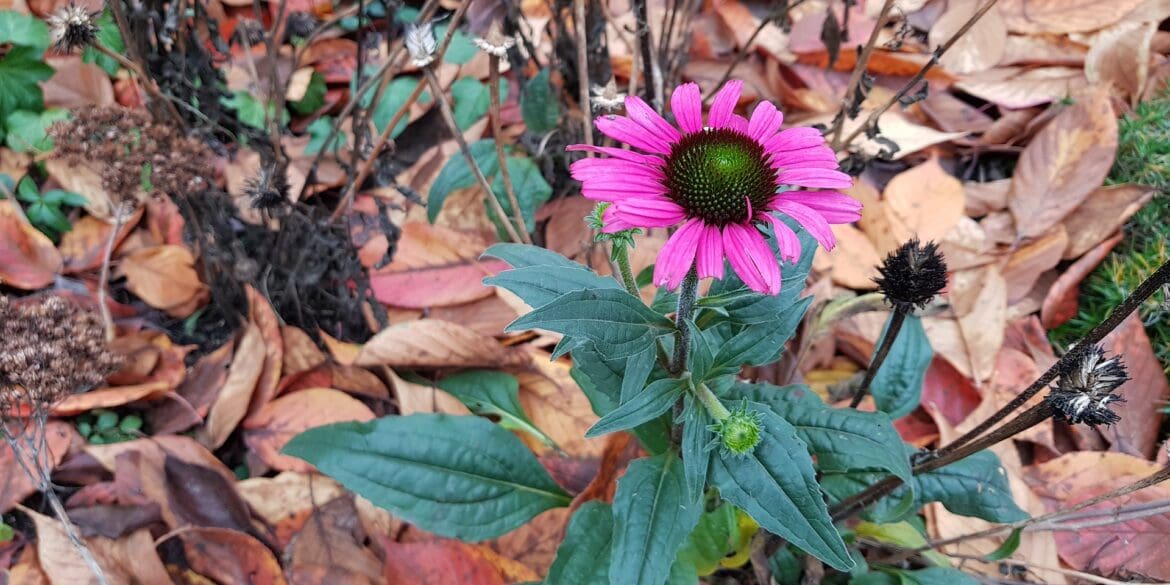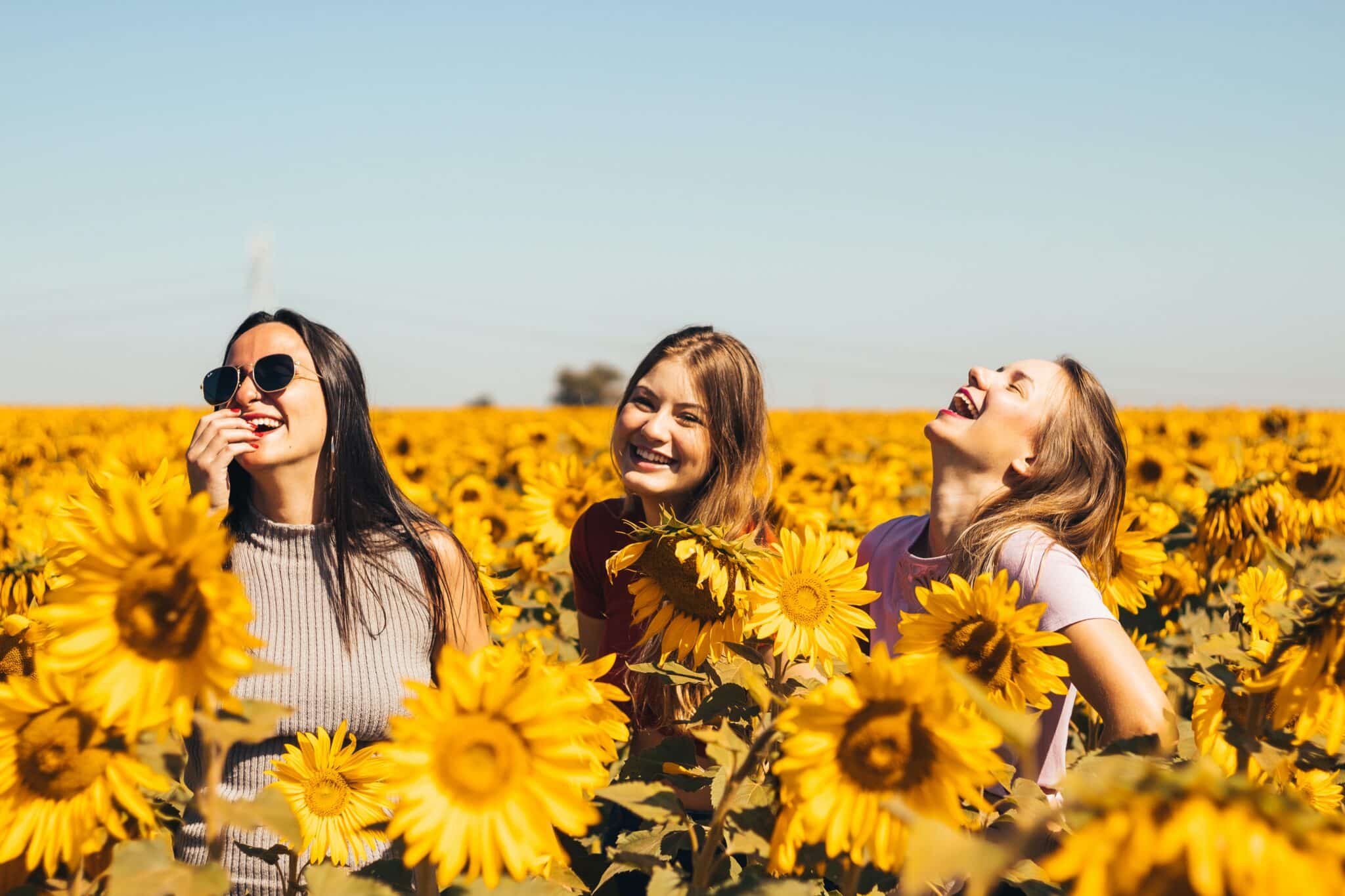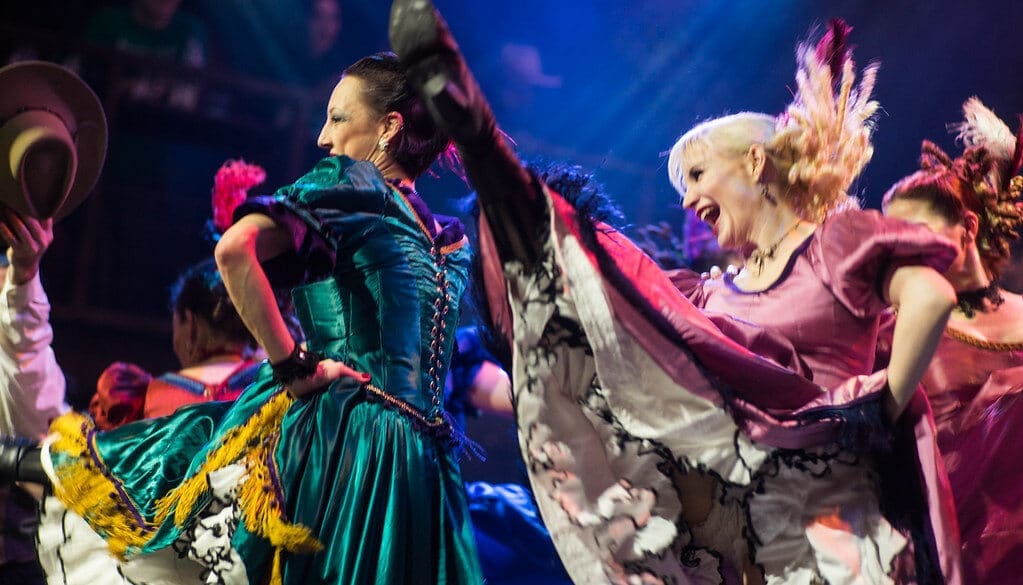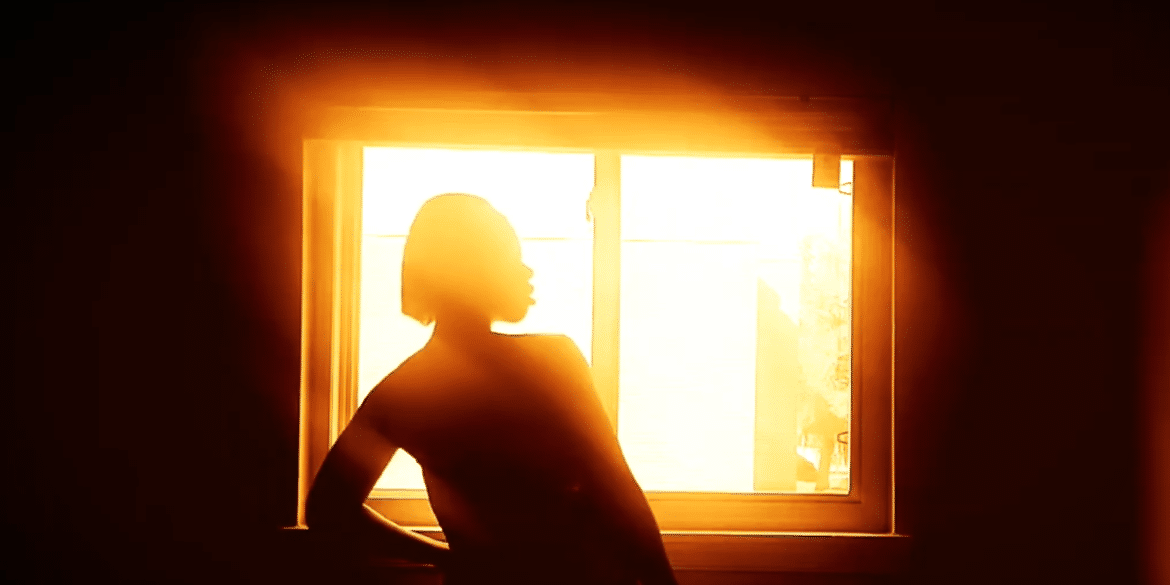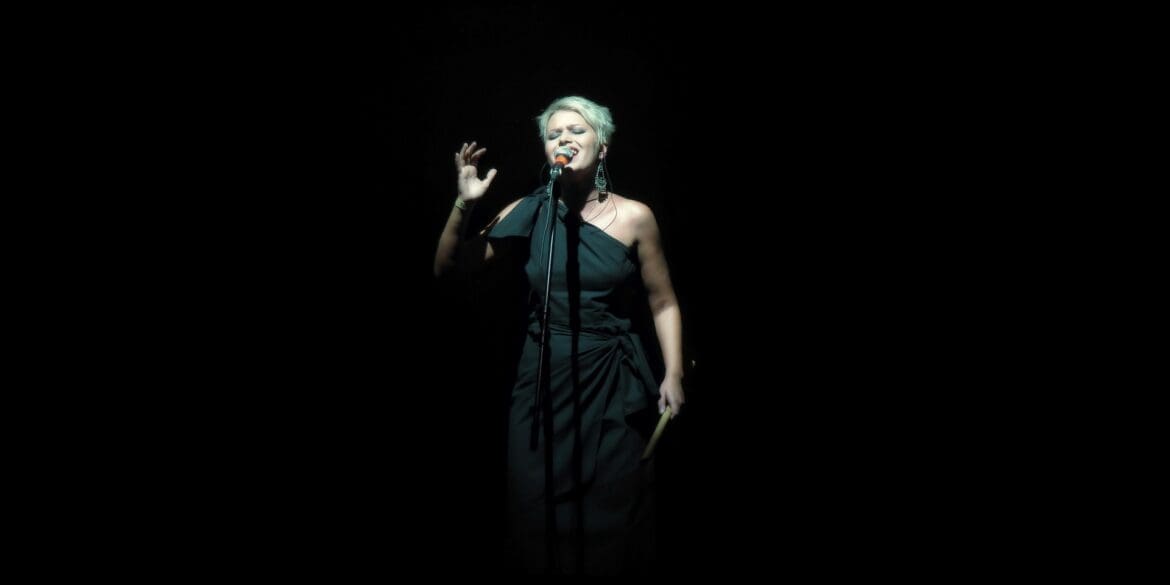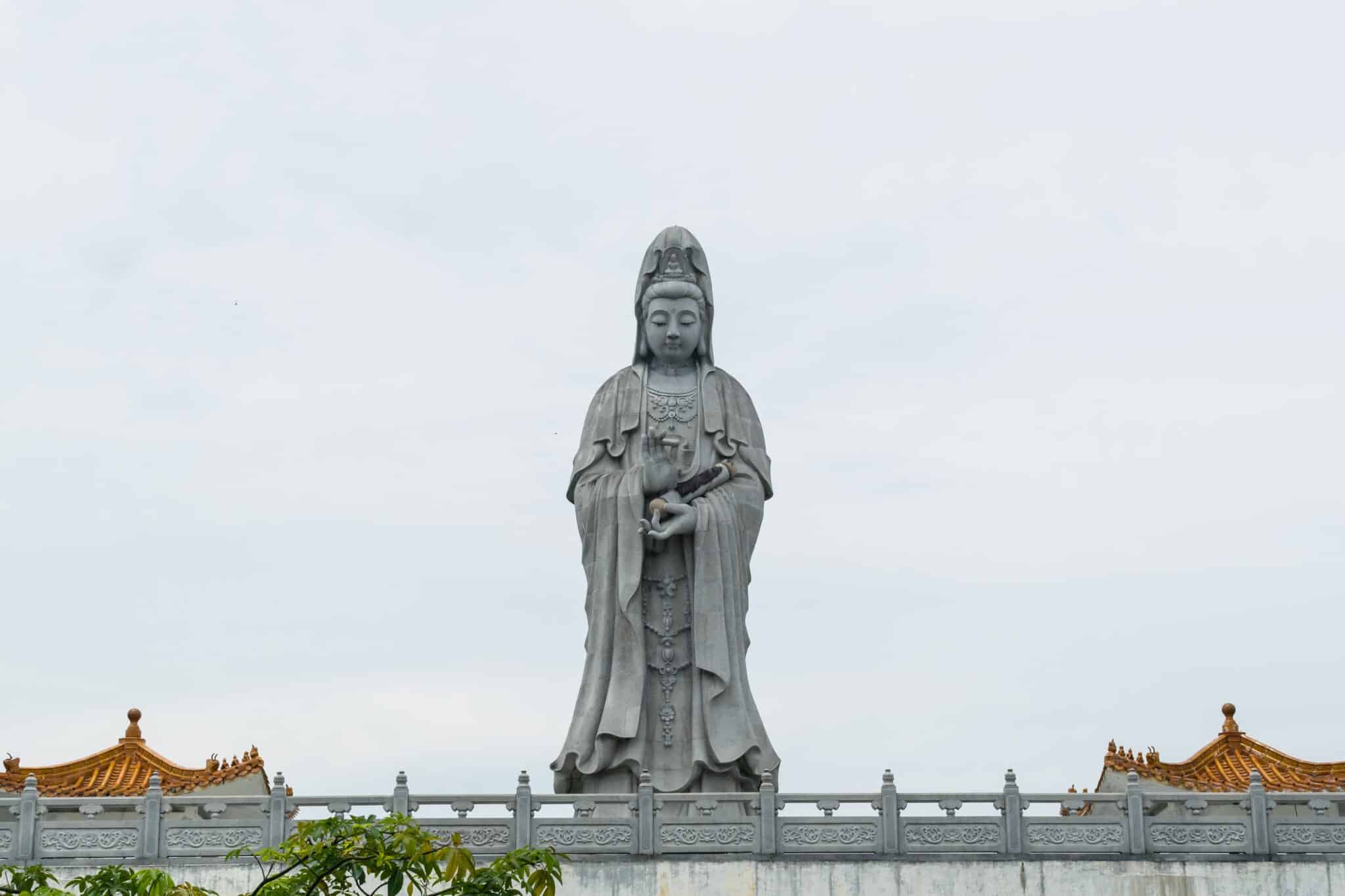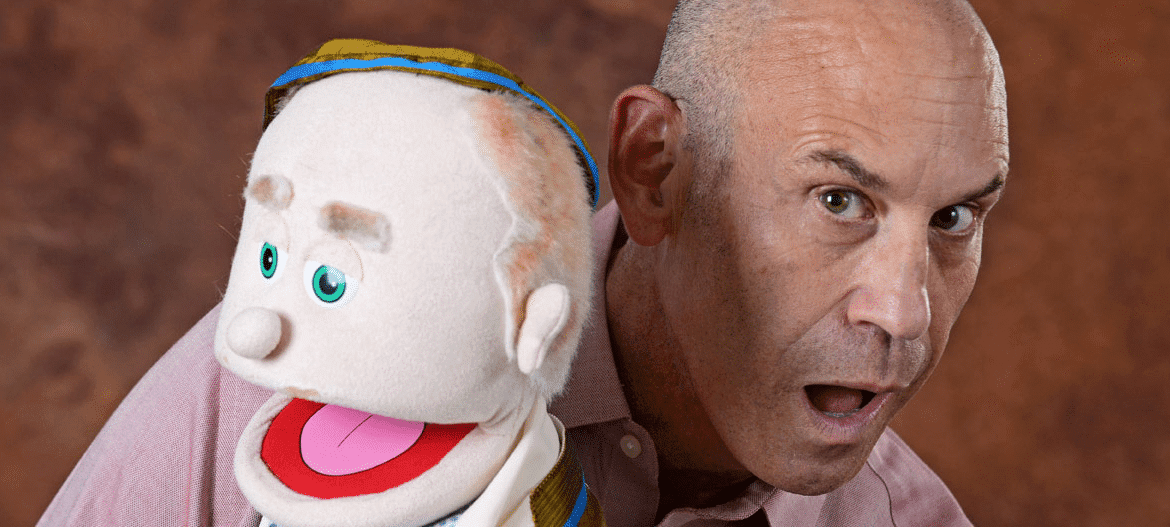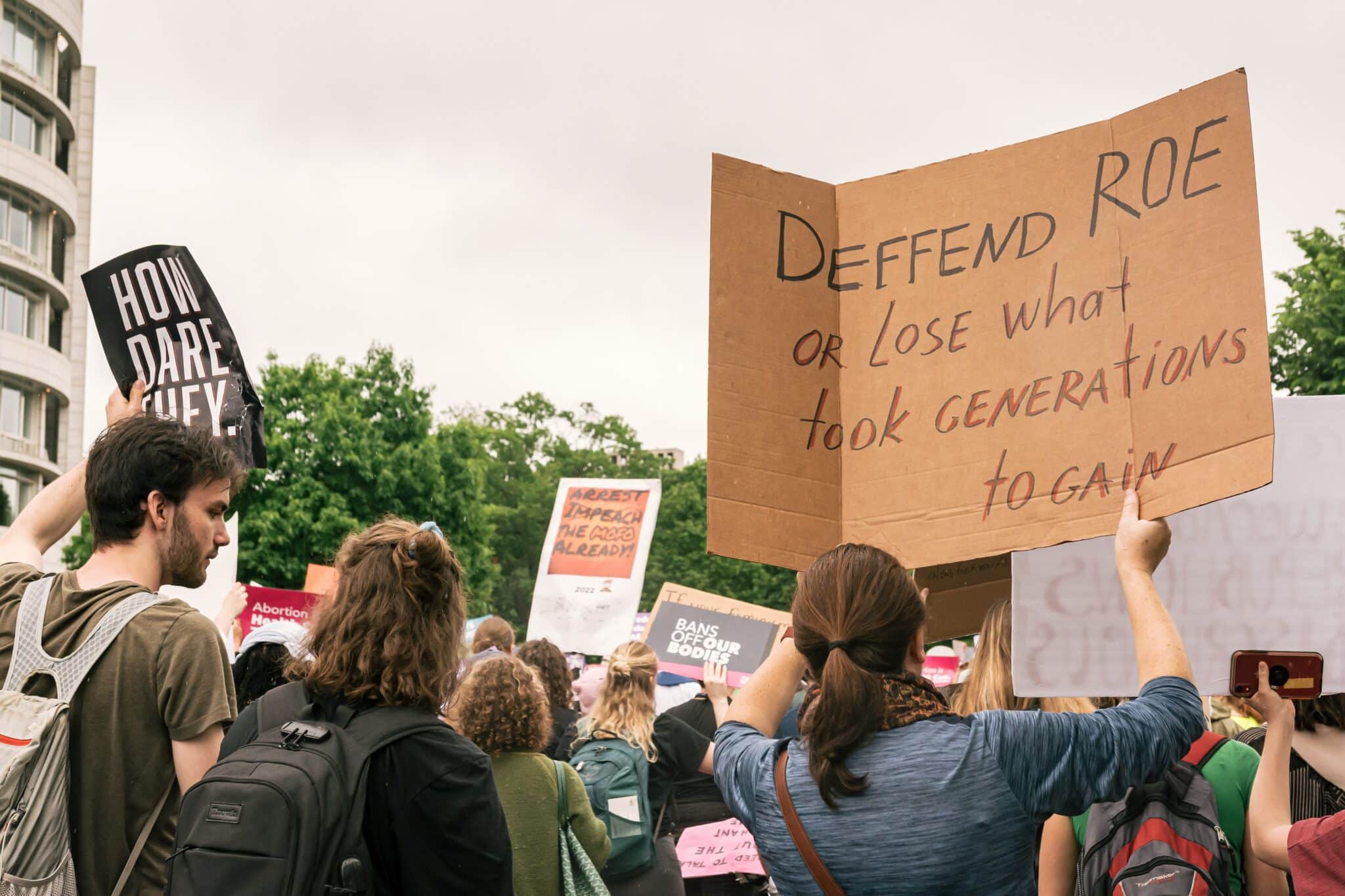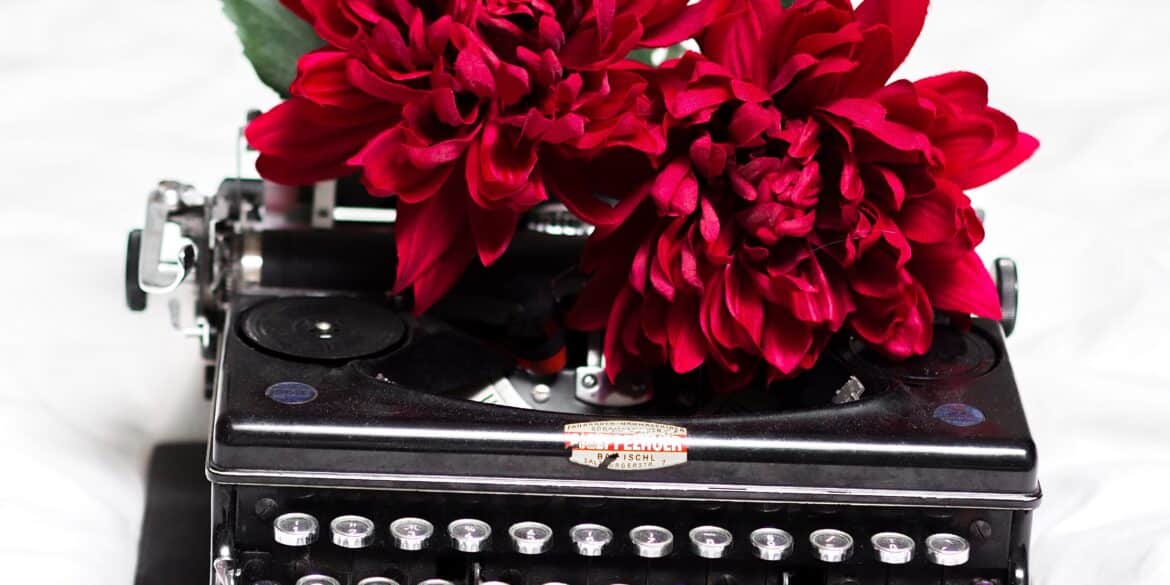This piece on hair describes how ideas of what is and is not fashionable, as depicted in popular media, can indelibly affect one’s self-perception and identity.
"My Old Kentucky Homo," highlights my failure to assimilate into the community in which I still live, fourteen years later.
In the women’s history month, The AutoEthnographer supported "Her Story Leads: Amplifying Women’s voices through digital storytelling".
"From dancing at New York’s Metropolitan Opera to the Cow Palace in San Francisco, every venue taught me valuable lessons."
Shanita Mitchell and Marlen Harrison·
All ContentAutoethnographic Art & MultimediaMorePodcastsReflections on MethodVolume 3, Issue 2 (2023)
··18 min readToday we're talking with the award-winning author, researcher, and performer, Shanita Mitchell about performance and autoethnography.
I offer the following five poems to you. I hope that when you read/hear them you see a way into your own stories and ideas of poetic voice.
Through all of the things that separate us, there is one universal experience that transcends all barriers: love.
This lighthearted essay illustrates an experience I had in Singapore while doing research for a book I was writing about spirituality.
This is a song for the Passover prophet as a critique on his inability during the Covid-19 pandemic to appear and provide solace and safety.
Editor Guillermo Gil's latest book review examines Chin who highlights her relationship to things, and/or her obsessing over wanting and buying things, and many more.
The process of seeking pregnancy alone (by necessity, not choice) showed me how limited reproductive rights in the U.S. truly are—even before the recent loss of Roe vs. Wade, that policy that had so shaped my generation’s belief in our bodily autonomy.
Lina Fe Simoy·
All ContentAutoethnographic EssaysAutoethnographic PoetryFrom the EditorsMoreVolume 3, Issue 2 (2023)
··5 min readThere are multiple approaches to find one's poetic voice depending on the lens one chooses as a part of the author’s creative process.


